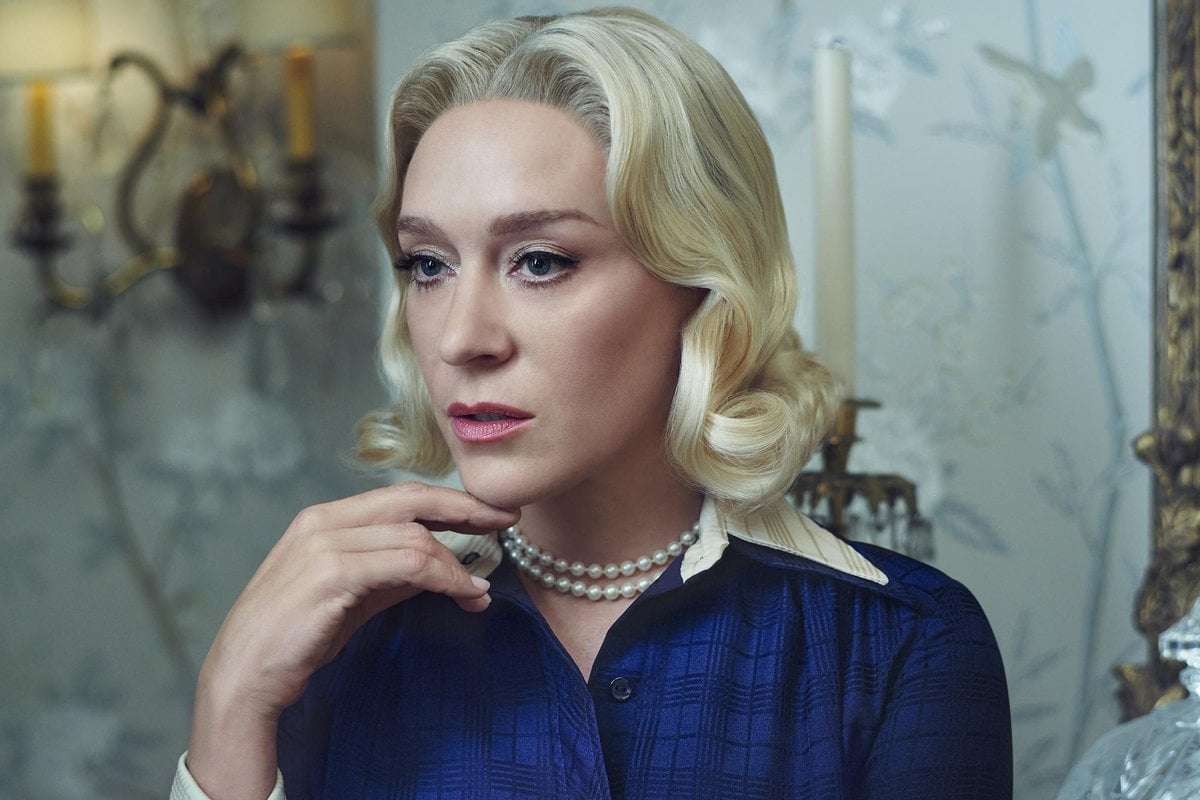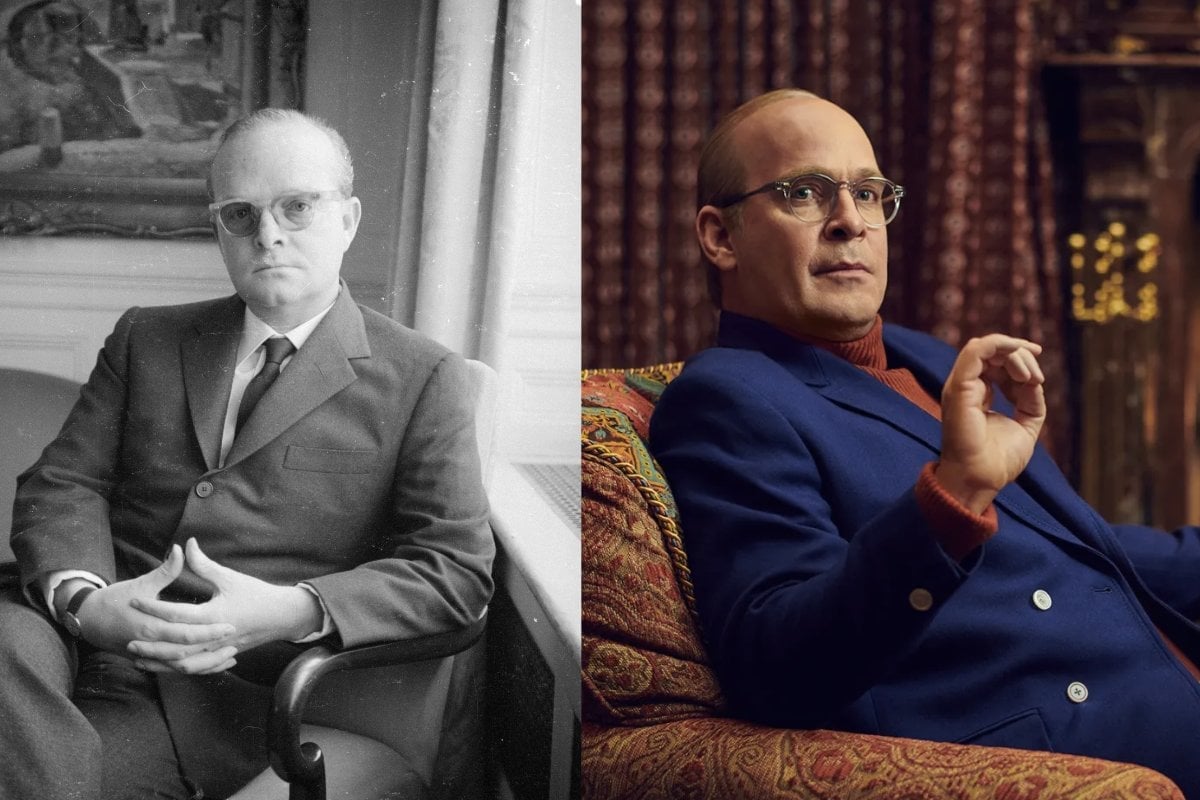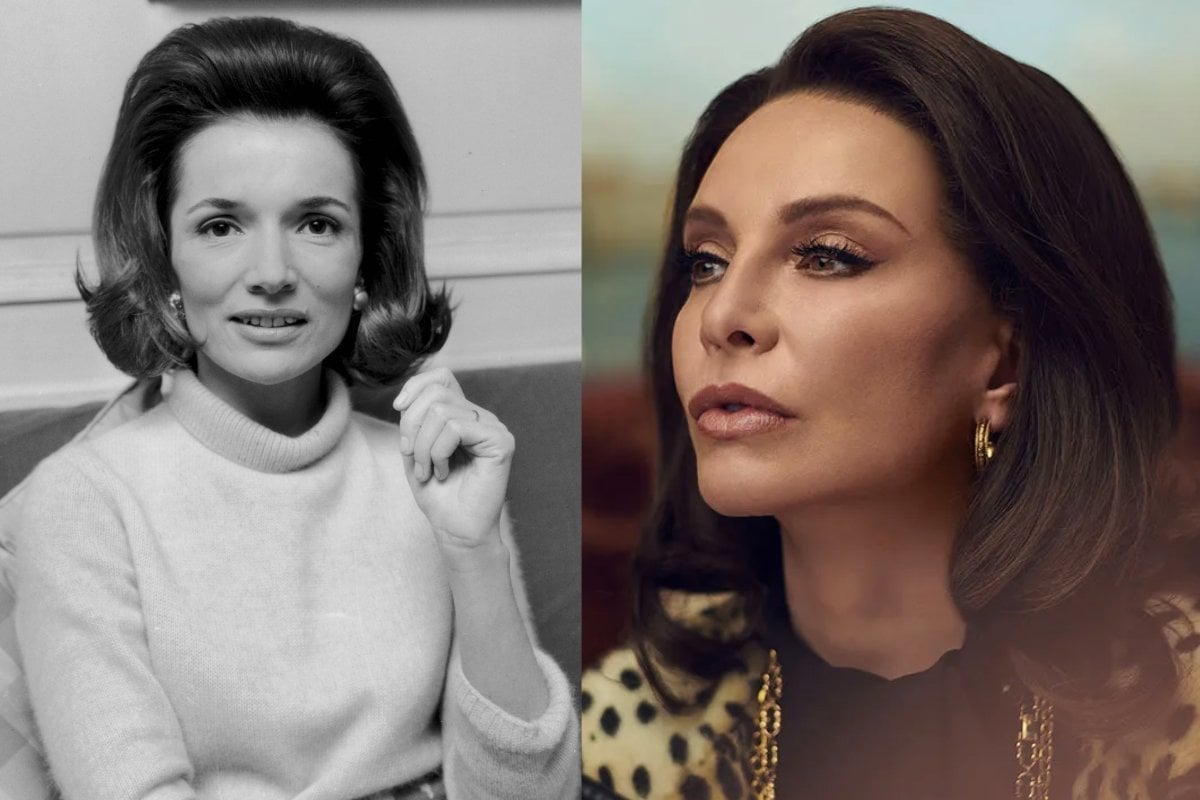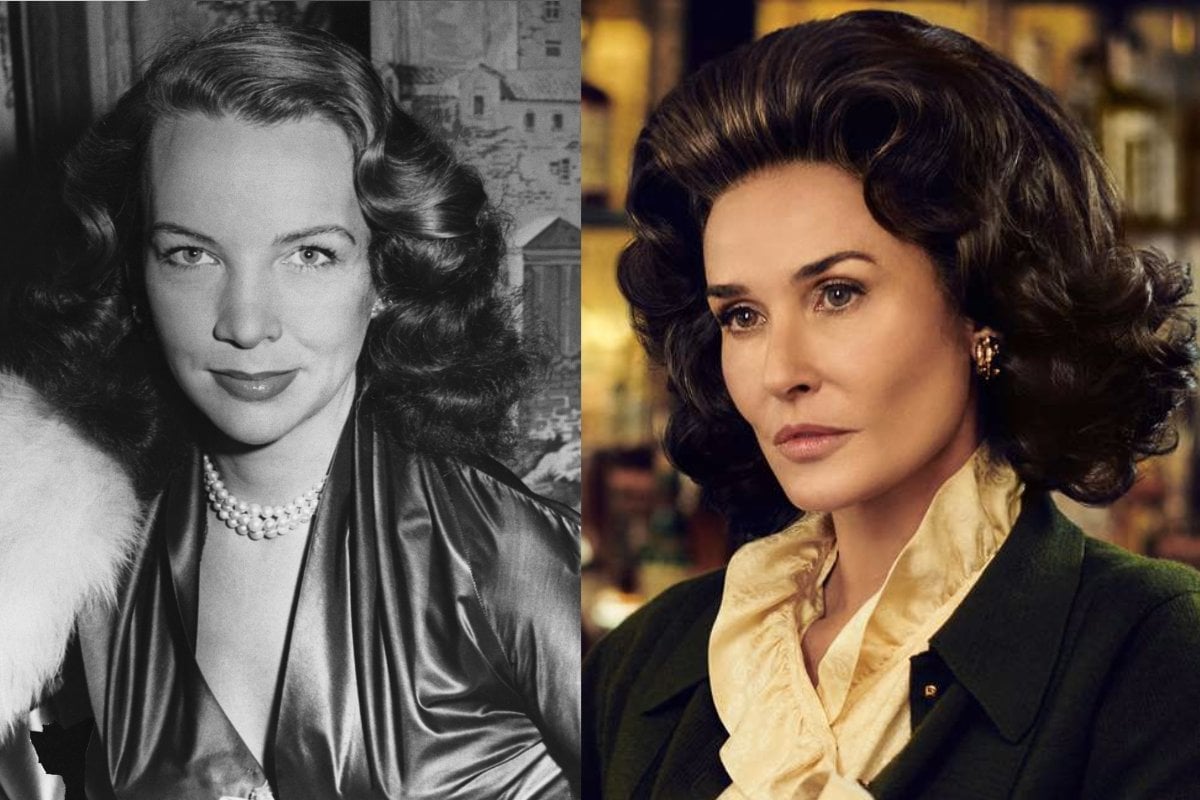
Seven years after its first season aired, Ryan Murphy's anthology series Feud is returning with one hell of a cast.
The star-studded second season titled Feud: Capote Vs. The Swans will feature Naomi Watts, Diane Lane, Chloë Sevigny, Calista Flockhart, Demi Moore, and Molly Ringwald, along with Tom Hollander in the role of famed writer Truman Capote.
The first season of Feud aired back in March 2017 and was centred on the rivalry between Hollywood icons Joan Crawford and Bette Davis, as portrayed by Jessica Lange and Susan Sarandon. Across eight episodes, the rivalry between the actors was explored during the filming of their 1962 film, What Ever Happened to Baby Jane?.
The highly anticipated second season will be an eight-episode limited series set in the 1970s, taking inspiration from Laurence Leamer’s best-selling book Capote’s Women: A True Story of Love, Betrayal, and a Swan Song for an Era.
Feud: Capote Vs. The Swans will focus on Capote and the glamorous circle of New York socialites he surrounded himself with, who he affectionately categorised as 'the swans'.
Watch the trailer for Feud: Capote Vs. The Swans. Post continued after video.
In the series, executive producer Naomi Watts will play Babe Paley, Diane Lane as Slim Keith, Chloë Sevigny as C.Z. Guest, Calista Flockhart as Lee Radziwill, Demi Moore as Ann 'Bang-Bang' Woodward, with Molly Ringwald as Joanne Carson.



